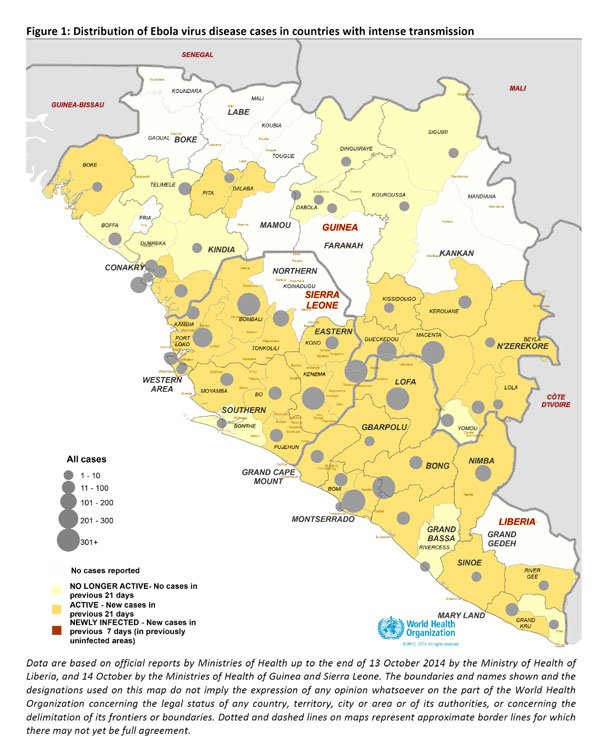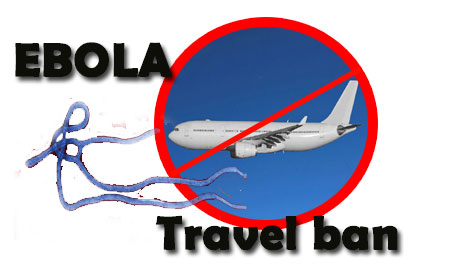BELIZE CITY–Today, Belize joined two other Caribbean island nations, Jamaica and St. Lucia, which have issued travel restrictions for travelers from countries in West Africa that are affected by the worst Ebola outbreak since the deadly disease was discovered in 1976.
The government of Belize made the announcement this morning at a press conference, where the subject was the government’s refusal to allow a U.S. lab technician, who attended to specimens from Thomas Duncan, the Liberian man who became the first person to die from Ebola in the United States, to be airlifted from the Philip Goldson International Airport in Belize.
Minister of Immigration, Hon. Godwin Hulse said, “We have immediately issued a stop on the issuance of visas to persons coming from the West Africa area who we consider high risk. And those countries will be Guinea, Liberia, Nigeria and any other country that the ministry thinks has now been affected.”
Although Nigeria has not been hit as hard by the Ebola outbreak, Hulse made the point that, “Nigeria is a special case because although it’s a Commonwealth country, it requires visas, and even though they have declared that they are free, we consider the persons traveling from Nigeria a risk.”
“Sierra Leone, on the other hand, does not require any visa to come to Belize. We will issue a travel ban on persons coming from Sierra Leone. Our embassies are being advised immediately; the airlines are being advised of this decision forthwith. In addition, persons from whatever nationality who have visited that area of West Africa within the last thirty days will not be allowed to land in Belize and the airlines will be advised accordingly,” Hulse said.

Since it was the cruise tourism sector that highlighted the vulnerability of Belize to the Ebola virus, Hulse declared: “The way we are going to handle the cruise ships, we have established a protocol, as you may or may not know. There is a team that boards the cruise ship to screen the manifest and the passengers who want to land in Belize.”
Hulse added, “As I understand it, persons who would travel beyond the Tourism Village would be the ones who would present themselves to Immigration for the necessary clearance to land. Persons who would remain within the vicinity of the Tourism Village were only ticked off on the manifest.
“Effective immediately, that protocol has changed. Every single person who will disembark from a cruise ship, the passport of such persons will be reviewed by Immigration to ensure that no person has been in the high risk area of West Africa within the last thirty days.”
In August, the United Nations declared that Ebola is an international public health emergency.
The hardest-hit country in West Africa is Liberia, which recorded 2,484 cases, according to the World Health Organization (WHO). Liberia is followed by Guinea with 862 cases, while Sierra Leone recorded only 12 cases.
Nigeria recorded 20 cases, of which there were only 8 deaths, the WHO reported, and the virus appears to have been contained. (Nigeria has since been declared to be Ebola-free, since it has effectively halted the spread of the virus.) The WHO also declared that the threat of Ebola is over in Senegal, since it has not recorded any new case since September.


